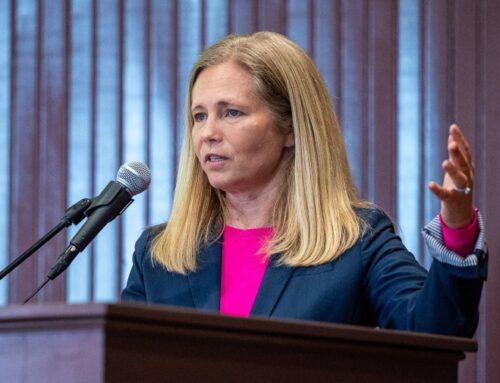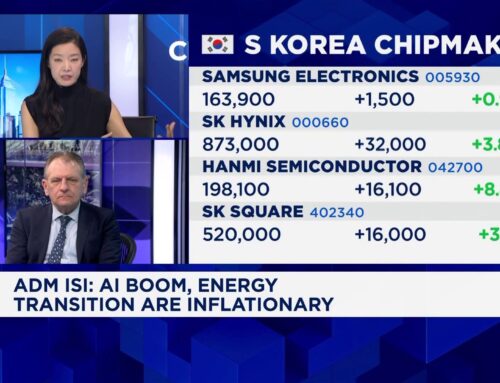The FTC’s Lawsuit Against Meta Is A ‘Reverse 1980’
April 10, 2025
With its antitrust lawsuit against Meta, the FTC’s goal is to force the sale of WhatsApp and Instagram, Meta’s up-to-now most successful acquisitions. Wise minds inside the Trump administration will hopefully choose to drop a suit first introduced during by a Biden administration reflexively disdainful of big.
While the economic boom of the 1980s is frequently explained as a reversal of the high-tax, inflationary economic policies that prevailed in the 1960s and 70s, arguably just as important to 80s prosperity was a relentless unwinding of lumbering conglomerates formed in the decades before. It’s something to keep in mind as April 14th (when the court battle is set to begin) inches ever closer.
To clarify the errors underlying the FTC’s actions, it’s useful to remember the accepted wisdom of the 60s and 70s, that large corporations should grow ever larger through the purchase of all sorts of businesses unrelated to a corporation’s existing mission or management know-how. A largely flat Dow Jones Industrial Average from 1966 to 1982 exists to this day as a market signal that investors weren’t much impressed by the conglomerate craze.
The good news is that markets invariably correct course, and in the 1980s they did just that. Conventional business wisdom from the 1960s and 70s was rejected in resounding fashion as intrepid investors bought the conglomerates with an eye on liberating the undermanaged and underutilized businesses under their control. While critics referred to the proliferation of hostile takeovers as a piece-by-piece selloff of “Corporate America,” surging equity markets suggested something else entirely.
Fast forward to the present, and Meta finds itself at odds with the FTC not because it spent blindly on acquisitions unrelated to its core mission, or outside its management scope, but because it did neither. What was still Facebook paid $1 billion for Instagram in 2012, followed by $19 billion for WhatsApp in 2014. Nowadays a $1 billion purchase by Meta likely wouldn’t rate a news story, while even $19 billion wouldn’t mean much in consideration of Meta’s $1.29 trillion market cap.
It’s a useful reminder that the FTC is taking Meta to court for the alleged offense of seeing the future of social media and global communications much better than the competition did. The previous truth can be found in what Meta initially paid for the businesses that the FTC wants it to sell. If either acquisition had been a sure thing, then the prices commanded by both Instagram and WhatsApp would have been quite a bit higher.
Which is why the Trump administration would do best by calling off a lawsuit that should never have been brought forward in the first place. Meta shows that “big” isn’t inherently bad as is, while the FTC’s lawsuit would most “succeed” in rewarding the very corporate behavior that markets so thankfully corrected in the 1980s
Search
RECENT PRESS RELEASES
Related Post



